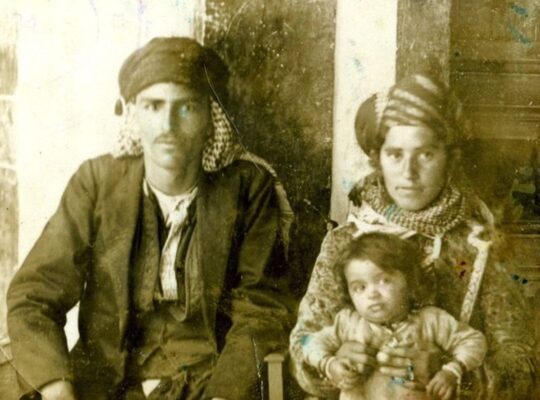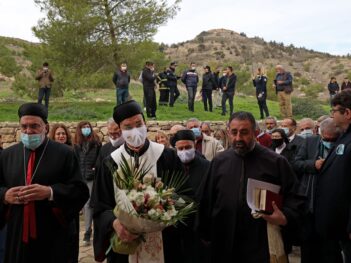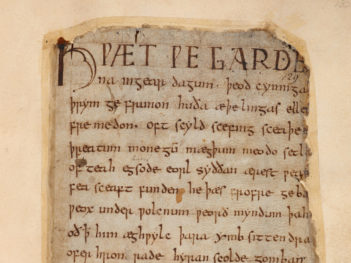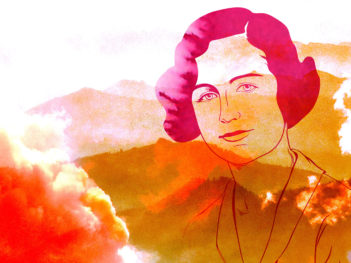
Language

A Portal to Another World: Translating Early Arabic Poetry — With James Montgomery
James Montgomery, Sir Thomas Adams's professor of Arabic at the University of Cambridge, tells New Lines’ Lydia Wilson how the early Arabic hunting poetry in his latest book is a portal into another world, on this week’s episode of The Lede.

In Search of a Lost Language
The history of Jews in Iraq’s Kurdish region is both ancient and largely undocumented as the communities themselves have produced few written records, relying primarily on storytelling in their ancestral Aramaic tongue as the mode of cultural transmission from generation to generation.

The Quest to Save the Dying Cypriot Arabic Language
Linguists say that Cypriot Arabic, a little-known language that has survived for centuries as an oral tradition, is “severely endangered.” If nothing changes, it will cease to exist within the next 50 years. There are fewer than 1,000 people who can speak it proficiently, with no native speakers under the age of 40.

In Old English, Blood Was at a Premium
The relationship between blood and violence in Old English is far from straightforward. Blood doesn’t gush from battle wounds or pour from Christ’s body. Old English literature isn’t necessarily bloody, but wherever blood appears, it’s there to transform the world, influencing all who touch and see it.

In Praise of Bawdy Words: When Bad Language Makes Good Works
The “Ummiyyat” is not just dirty verse. It gets at the inhumanity of life in a police state: torture, mass surveillance, disinformation. Surour had been spied on by Egyptian colleagues who pretended to be his friends in Moscow. When he accused his second wife of infidelity, he was convinced that she, too, was reporting on him to the mukhabarat.

Decades Later, Nancy Mitford’s Novels Resonate
Having chosen to spend my life in a different country — Germany — as an essentially permanent foreigner while my children grow up completely integrated and fluent in the local language from the get-go, I’m drawn to these themes, particularly in novels written decades prior.

Before French Philosophy Launched Postmodernism, There Was ‘Green Acres’
Although French thinker Jacques Derrida gets credit for “deconstruction,” namely the idea that language is slippery and breaks down under scrutiny, the 1960s American TV sitcom “Green Acres” had already done something similar: explore the absurdity of life and how we talk about it.
